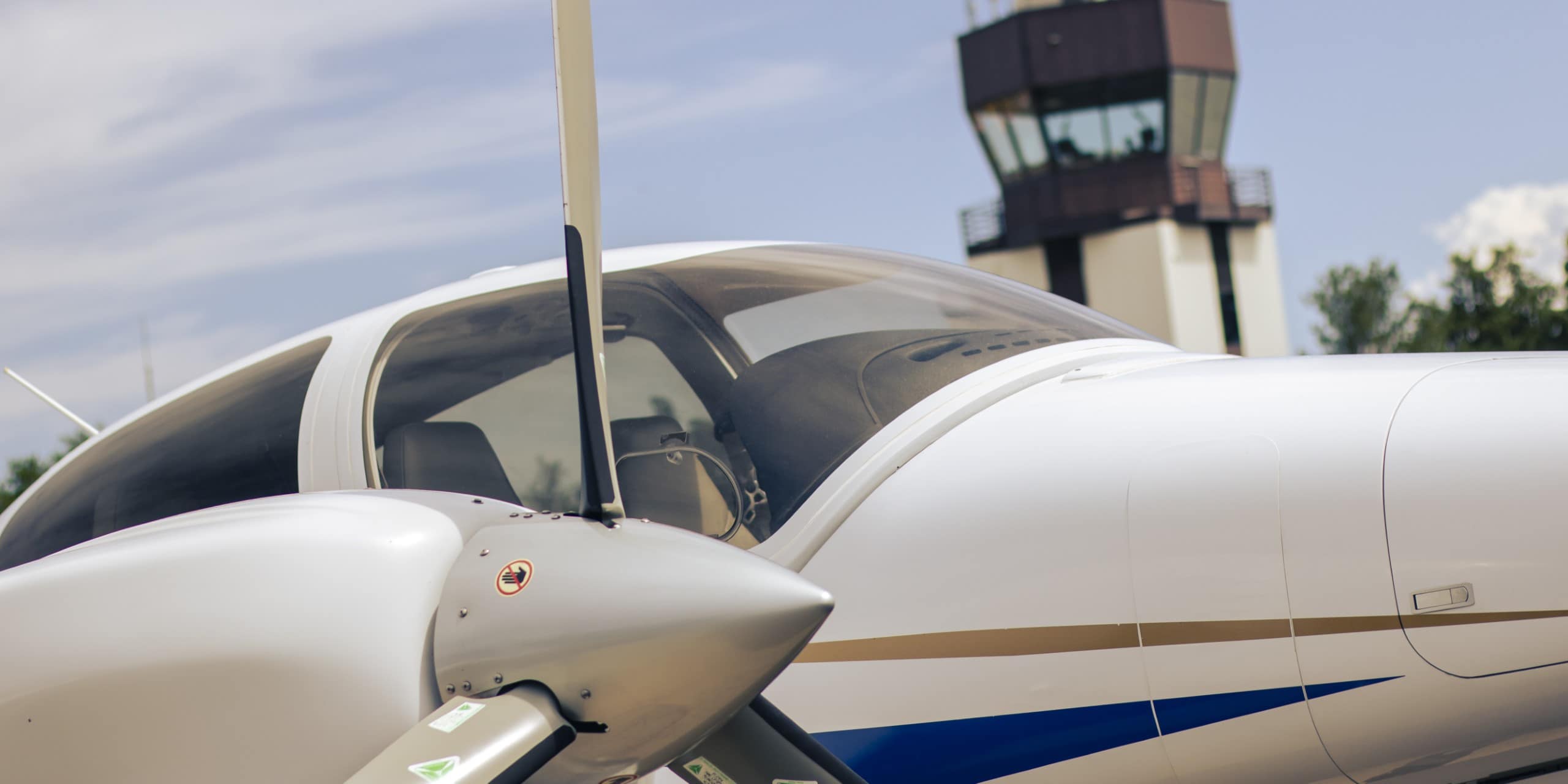
Associate of Science in
Air Traffic Management
The Associate of Science in Air Traffic Management at Embry-Riddle is designed to launch you into a fast-paced, rewarding career as an air traffic controller.
About the Associate of Science in Air Traffic Management
The Associate of Science in Air Traffic Management at Embry-Riddle is designed to launch you into a fast-paced, rewarding career as an air traffic controller. You will gain practical experience using advanced simulation technology, equipping you with the skills and confidence needed to enter the industry.
Through guidance from expert faculty with real-world ATC experience, you’ll blend classroom instruction and immersive simulation training to build a strong operational foundation and acquire the skills necessary to enter the air traffic field. Embry-Riddle’s long-standing partnership with the FAA ensures that the curriculum remains current and aligned with industry standards, equipping you with the tools you need to succeed from day one.
Student Learning Outcomes
What you will learn while studying in the air traffic controller program:
- Apply accepted practices in air traffic management to analyze a cumulative knowledge of collaborative air traffic management, traffic flow management and advanced air traffic management procedures.
- Conduct operations using high-fidelity simulation in the airport terminal environment related to VFR Control Tower operations.
- Conduct operations using high-fidelity simulation in a low-volume terminal radar environment related to radar separation and procedures.
- Recall information on the basics of air traffic control, including its history, mission and duty priority.
Air Traffic Management Career Opportunities
Careers and Employers
Embry-Riddle graduates tend to either continue to higher education or secure roles as pilot operators, air traffic controllers, flight dispatchers and ground controllers.
Students in the air traffic controller program often enter the industry through top companies such as:
- The Boeing Company
- Federal Aviation Administration
- Raytheon
- Lockheed Martin
- SAIC (Science Application International Corporation)
Air Traffic Management Salary Information
According to the Bureau of Labor Statistics, employment of air traffic controllers is projected to increase 3% from 2023 to 2033, with an estimated 2,200 openings for employment projected each year. The average income for air traffic controllers is reported to be $137,380 as of May 2023.
DETAILS
This offering is available at the following campuses. Select a campus to learn more.







